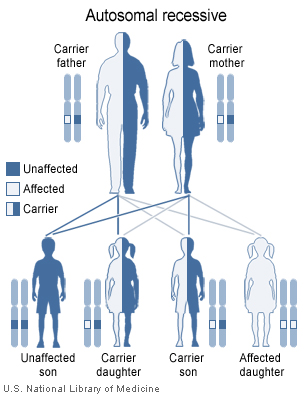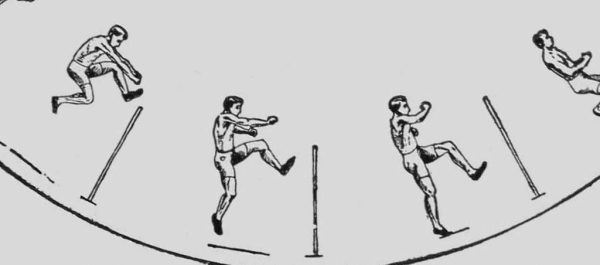Is three a crowd?
Britain’s three parent baby approval and what it means for the future

Showing the inheritance of a genetic disease, Leigh Disease is caused by a faulty mitochondria. The UK just recently granted a university the okay for conducting mitochondria replacement, preventing such diseases from being passed onto the offspring.
May 18, 2017
For the first time in history, Newcastle University–located in Great Britain–received a license to create babies using DNA from three people. The technique, which uses DNA from two women and a man, was authorized in the UK back in December of 2016, but has only just recently been approved for use in the university’s clinic in mid-March.
This three-parent baby procedure is known as mitochondrial donation, a fertilization technique involving the replacement of faulty mitochondria from one women with a healthy mitochondria from another women; this is due to the mitochondrial DNA being inherited exclusively from the mother. Such a step in the scientific realm now allows humans a way to prevent inherited mitochondrial diseases such as muscular dystrophy, major organ failure, diabetes, heart problems, and epilepsy. Mitochondrias are the body’s energy organelle and are found in almost every cell within the body; though most DNA is contained within the nucleus, less than 1% is found in the mitochondria.
Like most other mind-blowing breakthroughs, this “customized” baby brought along heavy opposition. For example, British leaders had very different opinions on the biological approval. Protestant and Catholic churches opposed the procedure based on religious and ethical grounds, claiming such a technique is playing God. Disapproval also arose from the public, who feared that interfering with nature would lead to consequences. Thankfully, mitochondrial replacement only has to do with preventing chronic and fatal diseases, and not designing your own baby. However, such a thing may not be far from reach. with such an advancement in the scientific field over the past decade, it would not be a surprise if build-a-bear turned into build-a-baby. In fact, there have been a number of movies depicting what the world would look like if parents could design how their baby turned out. One example is the 1997 movie Gattaca, in which parents deliberately choose which DNA to pass onto their children. This leads to a changed society where only those with the best traits are considered “valid”.
Hopefully with this new technique, scientists will be able to expand the average human lifespan, as they have continuously done for centuries. Sophomore Ryan Farrell said, “I think it’s great how scientists have found a way to decrease inherited diseases. However, it should not be taken advantage of.” Ryan, like many others, believes the technique should be strictly limited to health-related reasons. While the future of embryonic-alternation remains unknown, one thing is for sure: scientists must be careful with how deep they dig into nature.











